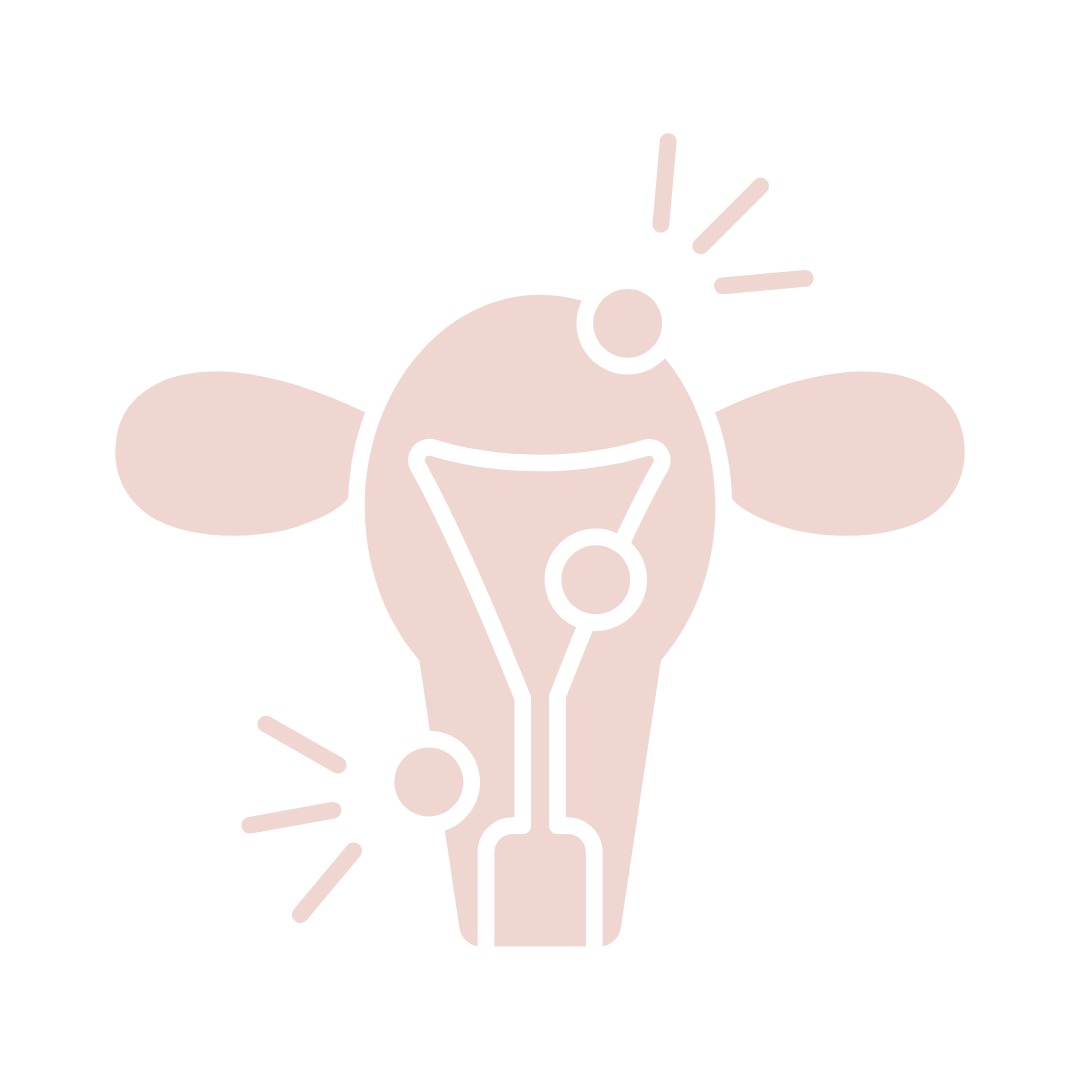Redefining Uterine Wellness for Black Women on Our Terms
The uterus—a wonder of nature and a powerful muscular organ—is central to a woman's reproductive health. It nurtures life and plays a vital role in the menstrual cycle.
So why aren’t we talking about it more?
Black women face disparities in diagnosis, treatment, and access to care every day. This community hub and shared learning space is meant to raise awareness, provide education, and power an advocacy movement that produces optimal outcomes for us when it comes to uterine health.
A healthy uterus is essential for overall well-being and fertility, and we believe in empowering Black women with knowledge and support that keeps us healthy and alive.
The Uterine Exchange: Our Blog
Your go-to space for education, inspiration, and community.
Frequently Asked Questions (FAQs)
-
The uterus is a hollow, pear-shaped organ located in the female pelvis, between the bladder and rectum. Feel just below your belly button!
-
Typically, you shouldn't feel your uterus. It is located deep in your pelvis and is not an organ you would normally be aware of.
However, it is necessary to pay attention to any unusual sensations, pain, or discomfort in your pelvic area. These could be signs of an underlying issue.
-
The American College of Obstetricians and Gynecologists (ACOG) recommends that girls have their first gynecology appointment between the ages of 13 and 15.
-
Signs of uterine problems could include: abnormal uterine bleeding (heavy bleeding, bleeding between periods, or prolonged menstrual cycles), pelvic pain or discomfort, painful intercourse, infertility or difficulty conceiving, extreme changes in menstrual cycle, back pain, frequent urination or difficulty urinating, and pelvic pressure or fullness.
-
If you experience any symptoms or causes for concern, it's essential to schedule an appointment with a healthcare provider as soon as possible. Early detection and treatment are crucial for managing uterine health.
-
Not all uterine diseases can be prevented, as some are caused by genetic or environmental factors outside of our control. Focus on maintaining a healthy lifestyle with regular exercise and a balanced diet of whole foods, reducing stress, learning your family medical history, and scheduling regular gynecological exams.
-
The Uterine Care Collaborative is building this community in response to the lack of support groups specifically for Black women with uterine conditions. Subscribe to our newsletter and follow us on social media to join a growing community of women who deserve to be supported through their wellness journey.
Products We Love
Elevating everyday care into a ritual of love, healing, and joy.
Herbal Teas
Herbal teas are not a cure for uterine conditions, but they can support our wellness experience by easing menstrual cramps, reducing inflammation, and helping you relax. Herbs like chamomile, ginger, and raspberry leaf can be a gentle, comforting part of your self-care routine.
The Honey Pot Herbal Pads
You may have heard of these before—social media sometimes refers to them as “spicy pads.” They are infused with essential oils, which is where the cooling tingle comes from. These OCS certified organic cotton pads are both soft and ultra-absorbent—a good combination for comfortable and manageable periods.
Rael Menstrual Heating Patch for Cramps
Remember when heat therapy meant warming a sock full of rice or an old school hot water bottle? Those methods could still be efficient for home rest, but what about the need for therapeutic heat on the go? The Rael Menstrual Heating Patch sticks to the inside of your underwear and can provide relief as long as 8 hours.









